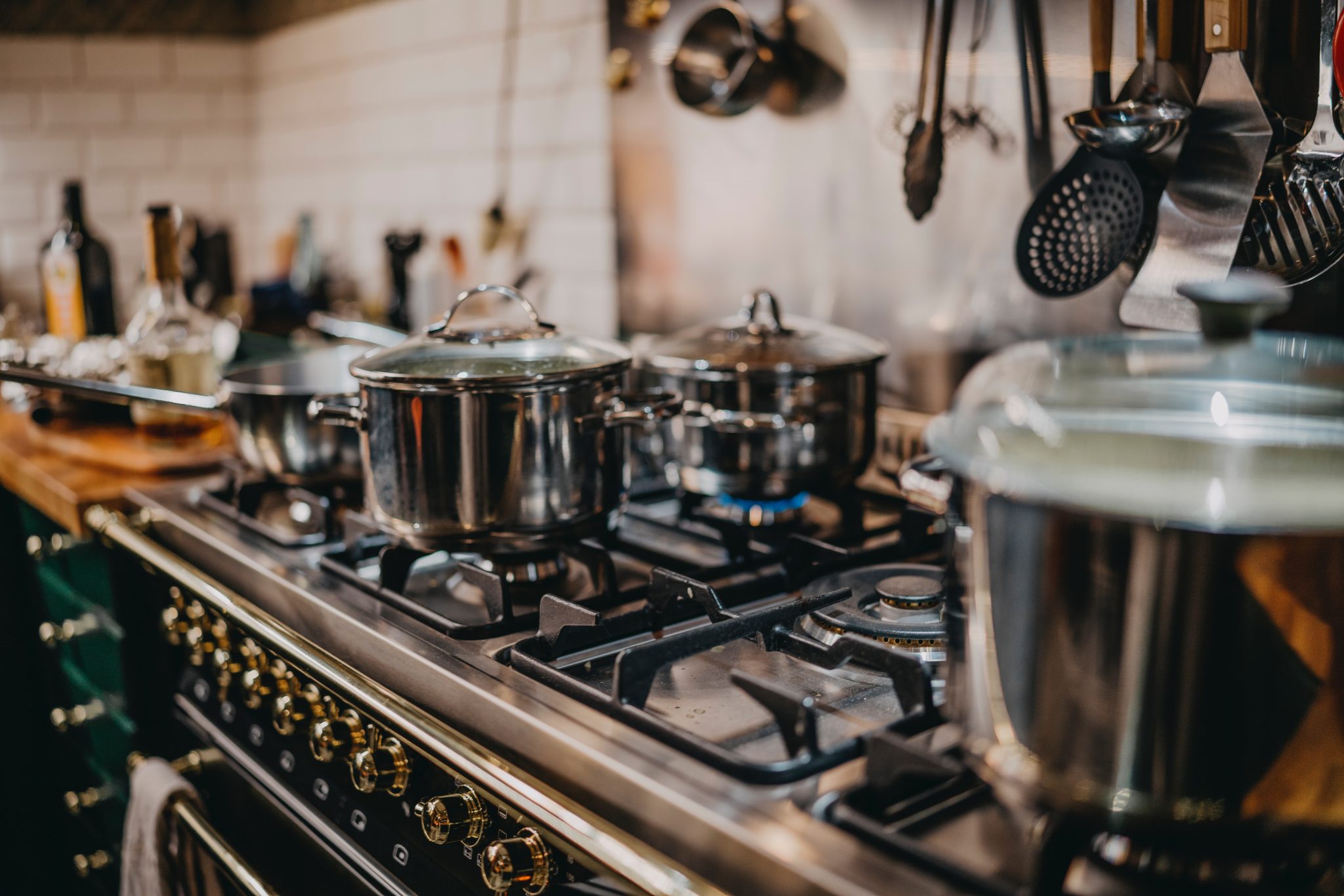In recent years, the popularity of pressure cookers has soared, promising convenience and efficiency in the kitchen. However, a darker side has emerged as reports of pressure cooker explosions have become more prevalent.
These incidents can lead to severe injuries, property damage, and emotional distress for victims. In such cases, understanding the legal avenues available for those affected is crucial.
In this article, we will discuss the legal options accessible to victims of pressure cooker explosions. We will shed light on the potential courses of action and avenues for seeking justice.
Contents
Product Liability Laws
When pressure cookers malfunction, causing explosions and resulting in injuries, product liability laws become a crucial recourse for victims seeking compensation. According to FindLaw, manufacturers, distributors, and retailers can be held accountable for defective products under three primary categories. This includes design defects, manufacturing defects, and marketing defects.
Design defects refer to inherent flaws in the pressure cooker’s design. Design flaws may lead to a pressure cooker that is unreasonably dangerous. On the other hand, manufacturing errors can result in a product that deviates from its intended design, potentially making the pressure cooker explode.
Marketing defects include failures in adequately warning consumers about potential risks or providing proper instructions for safe usage. According to TorHoerman Law, victims can file lawsuits based on one or more of these defects. They can seek compensation for medical expenses, lost wages, and pain and suffering caused by the pressure cooker explosion.
Negligence Claims
Negligence claims revolve around proving that a party involved in the production or distribution of pressure cookers acted negligently, leading to the explosion. To establish negligence, victims must demonstrate the presence of a duty of care, a breach of that duty, causation, and resulting damages.
For instance, a manufacturer might be deemed negligent if it failed to conduct adequate quality control checks during production. Distributors may also be held accountable if they were aware of potential defects but neglected to warn consumers.
Victims pursuing negligence claims can seek compensation for a wide range of damages, including medical expenses, rehabilitation costs, lost income, and emotional distress.
Breach of Warranty Actions
Pressure cooker manufacturers often provide express and implied warranties, promising the product’s safety and functionality. In cases of explosions, a breach of these warranties can form the basis of legal action.
According to Investopedia, express warranties involve explicit promises made by the manufacturer regarding the product’s features and safety measures. Implied warranties, on the other hand, are automatic assurances of product quality.
If a pressure cooker fails to meet these warranties, victims can file a breach of warranty claim. Under these claims, plaintiffs may seek compensation for injuries, property damage, and any financial losses incurred as a result.
Class Action Lawsuits
In instances where multiple individuals suffer harm from the same or similar pressure cooker defects, victims may opt for class action lawsuits. By joining forces, individuals can pool their resources and present a unified front against the responsible parties.
Class actions streamline legal proceedings, making them more efficient and cost-effective for everyone involved. Moreover, they send a strong message to manufacturers and distributors about the collective demand for accountability.
Victims in class action lawsuits typically seek compensation for medical expenses, pain and suffering, and any other damages resulting from the pressure cooker explosions. Legal experts specializing in product liability often lead these cases, navigating the complexities to ensure fair representation for all class members.
Federal Consumer Protection Laws
Federal consumer protection laws, administered by agencies such as the Consumer Product Safety Commission (CPSC), offer an additional layer of defense for victims. These laws regulate the safety standards and requirements for consumer products, including household appliances like pressure cookers.
If a pressure cooker manufacturer violates these standards, the CPSC can take enforcement actions. Victims can also leverage these laws in their pursuit of justice, filing complaints with the CPSC and referencing their regulations to strengthen their claims.
The CPSC’s involvement may lead to recalls, fines, or other regulatory actions against the negligent parties, contributing to a safer marketplace for consumers. In October 2023, the official website of the CPSC noted that Best Buy recalled around 930,000 Insignia pressure cooker units. The recall was issued after there were reports of burn hazards associated with this specific model.
Emotional Distress and Pain and Suffering Claims
In addition to physical injuries, victims of pressure cooker explosions may experience emotional distress, pain, and suffering. Pursuing claims for these non-economic damages involves demonstrating the severity and impact of the emotional trauma caused by the incident.
Supporting evidence may include medical records, therapy records, and expert testimony. Courts consider the psychological toll of the explosion, including anxiety, depression, and post-traumatic stress disorder (PTSD), when awarding compensation.
While quantifying non-economic damages can be challenging, skilled legal representation can help articulate the extent of the emotional distress. This ensures that victims receive adequate compensation for the intangible losses they have endured as a result of the pressure cooker explosion.
Comparative Fault Defenses
Defendants in pressure cooker explosion cases may employ comparative fault defenses, arguing that the victim’s actions or negligence contributed to the incident. In response, victims and their legal representatives must carefully analyze the circumstances surrounding the explosion to counter such claims effectively.
This involves demonstrating that the pressure cooker’s defects were the primary cause of the incident and that the victim’s actions were reasonable. By building a strong case against comparative fault defenses, victims can uphold their right to full and fair compensation for injuries, damages, and distress.
In summary, victims of pressure cooker explosions possess a variety of legal avenues to pursue compensation and accountability. Through product liability, negligence, breach of warranty claims, and the possibility of class action lawsuits, individuals can seek redress for their losses.
Federal consumer protection laws further reinforce safety standards, offering additional recourse for victims. Despite potential challenges such as comparative fault defenses, a thorough examination of circumstances strengthens victims’ claims.
By navigating these legal channels effectively, individuals can assert their rights, promote accountability among manufacturers and distributors, and contribute to a safer consumer environment.




